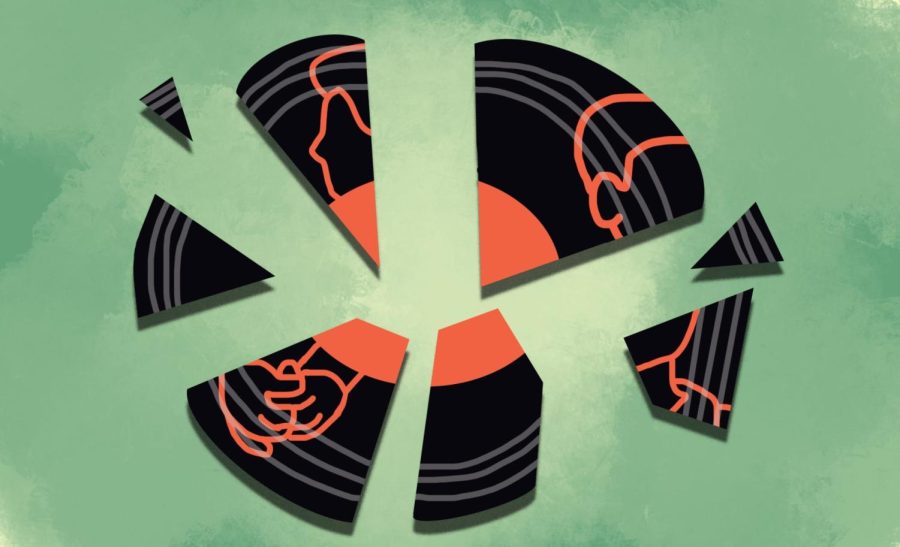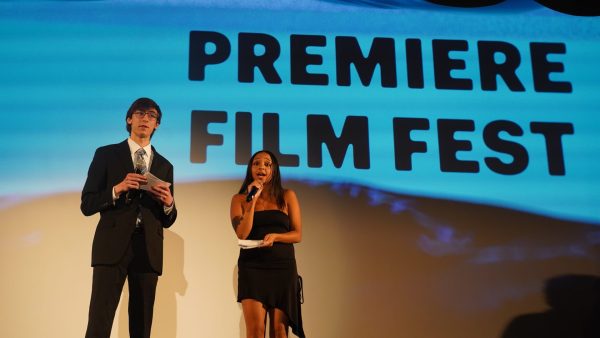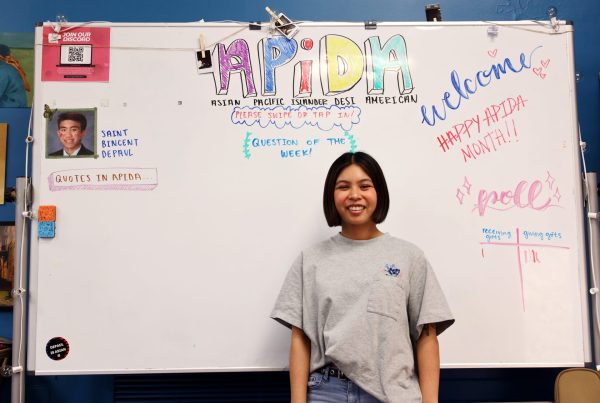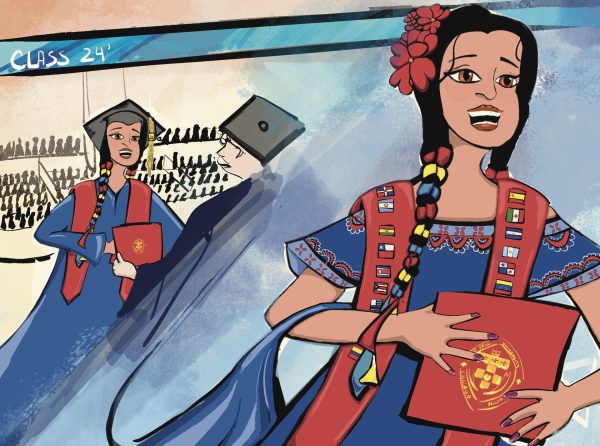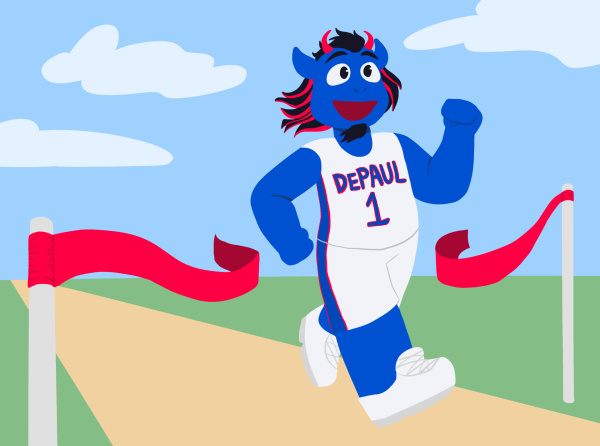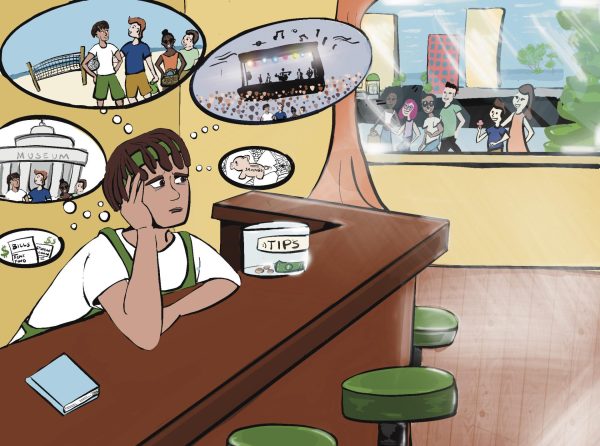Can we separate the art from artist?
Kanye West, Travis Scott, John Lennon and R. Kelly are all considered to be some of the most famous musical artists of all time, constantly topping the charts for decades at a time.
Yet with their fame, scandals, accusations, trials and hate crimes have followed in their trail. Corporate partners like Adidas and Balenciaga recently pulled out of brand deals with West after his association with white supremacists and antisemitic comments. Listeners are asking how to engage with music without supporting the artist.
“This question is more often than not asked when the musician has done something problematic, and it seems like this is happening more and more often each year,” said senior Brandon Lee. “I think that music is separated from the musician all the time, but we don’t realize it because it’s not for problematic reasons.”
The range of problems leading to controversy with artists can be from marijuana charges to sexual predator accusations.
“I think we need to consider the range of problematic behaviors and what those behaviors could or should mean for music fans and music companies,” said professor of Communication Daniel Makagon. “Izzy Stradlin from Guns N’ Roses urinated in the aisle of an airplane in 1989. That’s not acceptable, but not something that I would think deserves banning their music from record stores and streaming services. R. Kelly would be a very different situation.”
Fan attachment and personal connection to music play an important role in the judgment of artists. Even after West’s anti-semetic comments, the number of user playlists on Spotify with songs by West has shot up in recent weeks to nearly 1.3 million, according to Chartmetric, a company that tracks streaming and social media.
“When the reality of the artist’s moral character is shattered most recently with Rex Orange County and Ye, people try to cling onto the idea that their favorite artist probably isn’t a good person,” said freshman Zackary Klein. “While the person isn’t good, the emotions of experiences they’ve had, I can connect to beyond their moral character.”
Deciding how to listen to music ranges from person to person, making it a personal decision that people have to make. Many listeners decide to engage in fan remixes, pirate music or buy albums secondhand as to not add to the streaming numbers.
“Some people can’t separate the two— music and musician—and that often happens if you’re someone who’s personally affected by the view,” assistant professor in media and cinema studies Samatha Close said. “For me I tend to ask, is that still benefiting that person, especially economically, and if it’s not, then I kinda go with it.”
Social media has factored into the musician-to-listener relationship, with creators being much more dependent on audiences than they were before. Musicians continue to navigate this exposure, as this media medium continues to shift.
“I wouldn’t say that this is a new thing, I think we are just seeing more of it,” Close said. “Unfortunately there are some people that make a brand out of being hateful, I think we will see that grow as well.”
Drawing the line with artists is subjective to every person as the music industry can hold their actions to a higher level of accountability than ever before. Listeners are taking a step back and speaking up.
“It should be a call for reflection. People should say, am I seeing these views in this art,” Close said. “Am I seeing this kind of thinking in the lyrics? If you are, maybe that changes the relationship with it.”


